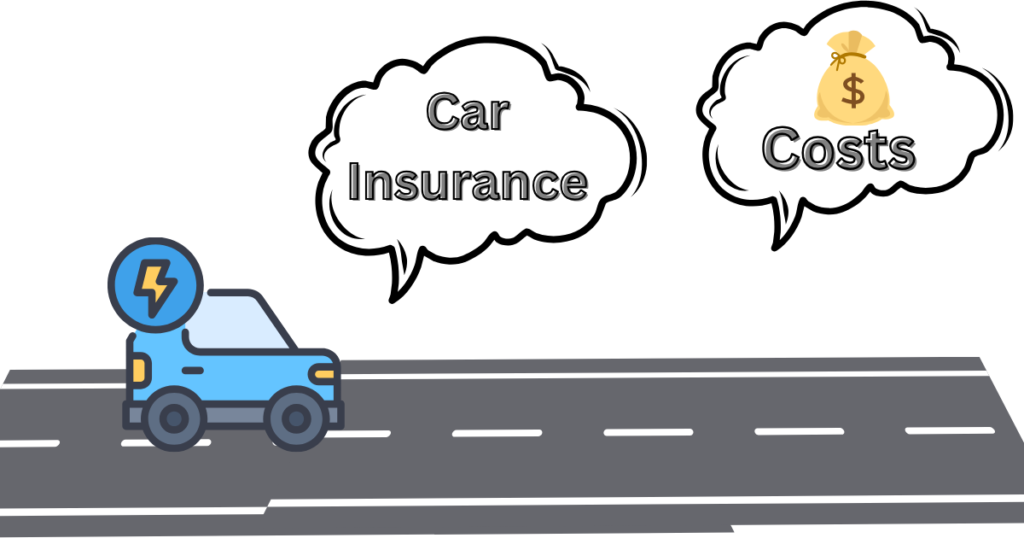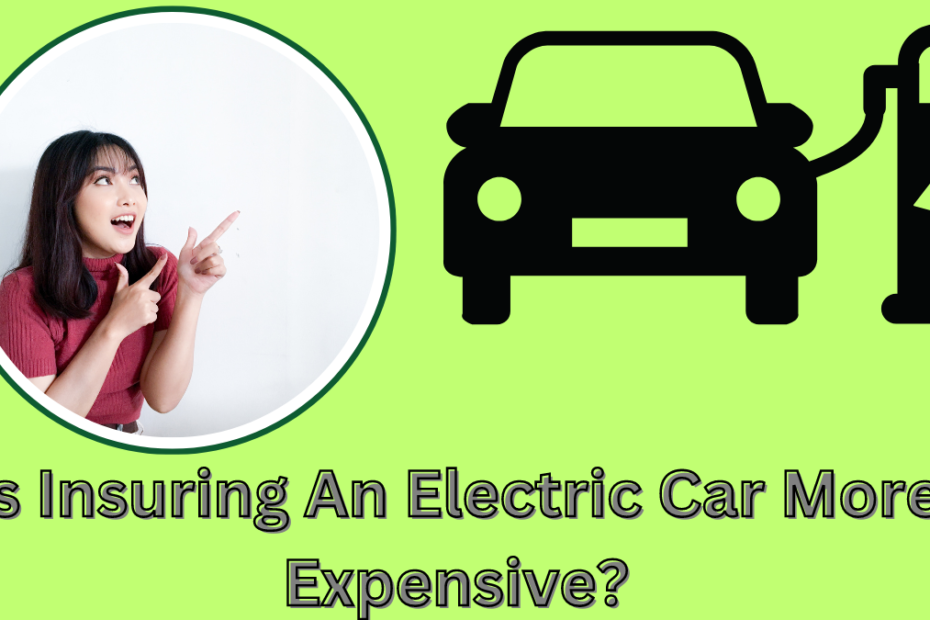As electric cars become more popular, many wonder if insuring an electric car is more expensive than insuring a traditional gas-powered vehicle. The answer depends on several factors, including the type of car, the insurance company, and the specific coverage options. Here’s a simple guide to help you understand the costs of insuring an electric car.
Factors Affecting Electric Car Insurance Costs

Purchase Price and Repair
Electric cars often have a higher purchase price than their gas-powered counterparts. This higher value can lead to higher insurance premiums because replacing or repairing an electric car is costly if it’s changed or stolen.
Specialized parts and Repair
Electric cars use specializing parts and technology, such as batteries and electric motors, which can be more expensive to repair or replace. Insurance companies take these higher repair costs into account when setting premiums.
Safety Features
Many electric cars come with advanced safety features, such as automatic braking, lane-keeping assist, and collision warning systems. These features can reduce the likelihood of accidents and may lead to lower insurance rates. However, the cost of repairing these high-tech features can also be high, which might increse premiums.
Driving Habits and Usage
Insurance companies consider your driving habits and how you use your car when determing rates. If you drive an electric car primarily for commuting in a city with heavy traffic, your insurance costs might be higher due to the increased risk of accidents. On the other hand, if you use your electric car for occasional trips and maintain a clean record you might enjoy lower premiums.
Potential Savings on Insuring An Electric Car

Discounts and Incentives
Some Insurance companies offer discounts and incentives for electric car owners. These can include lower rates for eco-friendly vehicles or discounts for having advanced safety features. It’s worth shopping around and asking different insurers about any special offers for electric cars.
Lower fuel costs and maintenance
While not directly related to insurance premiums, owning an electric car can lead to savings in other areas, such as lower fuel costs and reduced maintenance expenses. These savings can off set the potentially higher insurance premiums.
Usage Based Insurance
Usage-based insurance programs that use telematics to track your driving can reward safe driving with lower rates. If you’re a cautious driver, enrolling in such a program could help reduce your insurance costs for an electric car.
Comparing Insuring Rates

Shop Around
Insurance rates for electric cars can vary widely between companies. It’s important to get quotes from multiple insurers to find the best rate. Make sure to compare the same coverage levels and deductibles to get an accurate comparison.
Consider Coverage Options
When insuring an electric car, think about what coverage you need. Comprehensive and collision coverage is typically more expensive for electric cars due to their higher repair costs. However, this coverage provides important protection in case of accidents or thefts.
Conclusion

Insuring an electric car can be more expensive than insuring a gas-powered vehical, mainly due to the higher purchase price and repair costs. Factors like advanced safety features, discounts and usage based insurance programs can help lower premiums. To get the best rate, it’s essential to shop around and compare quotes from different insurers with careful consideration, you can find an insurance policy that fits your needs and budget while enjoying the benefits of driving an electric car.

